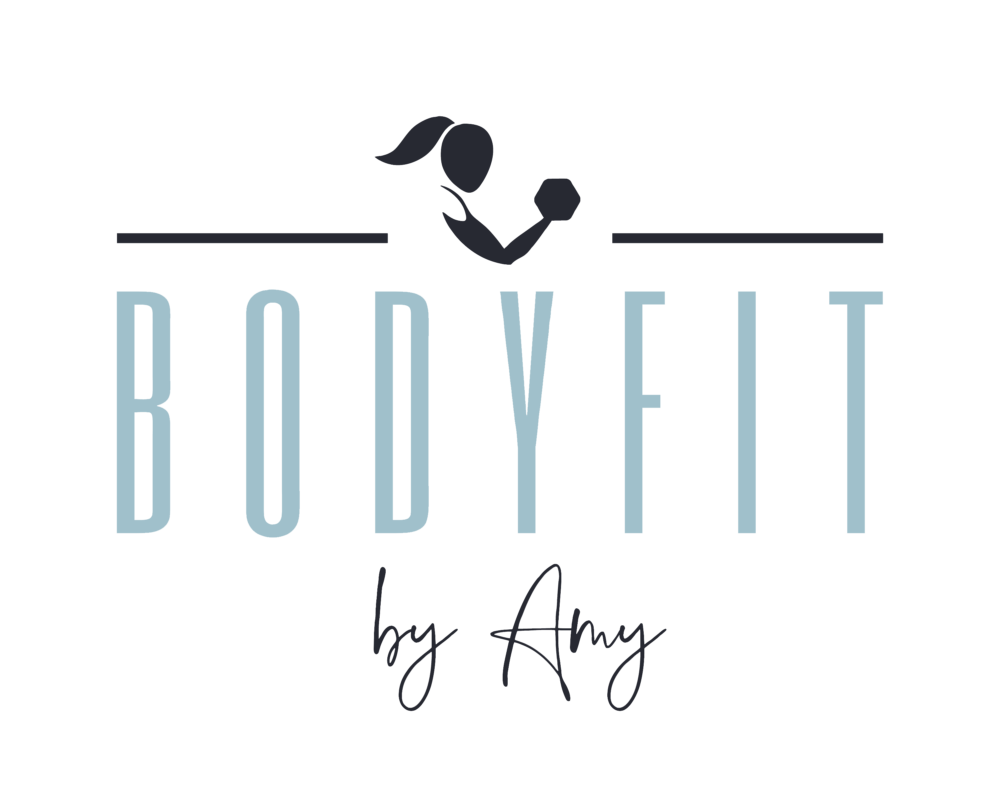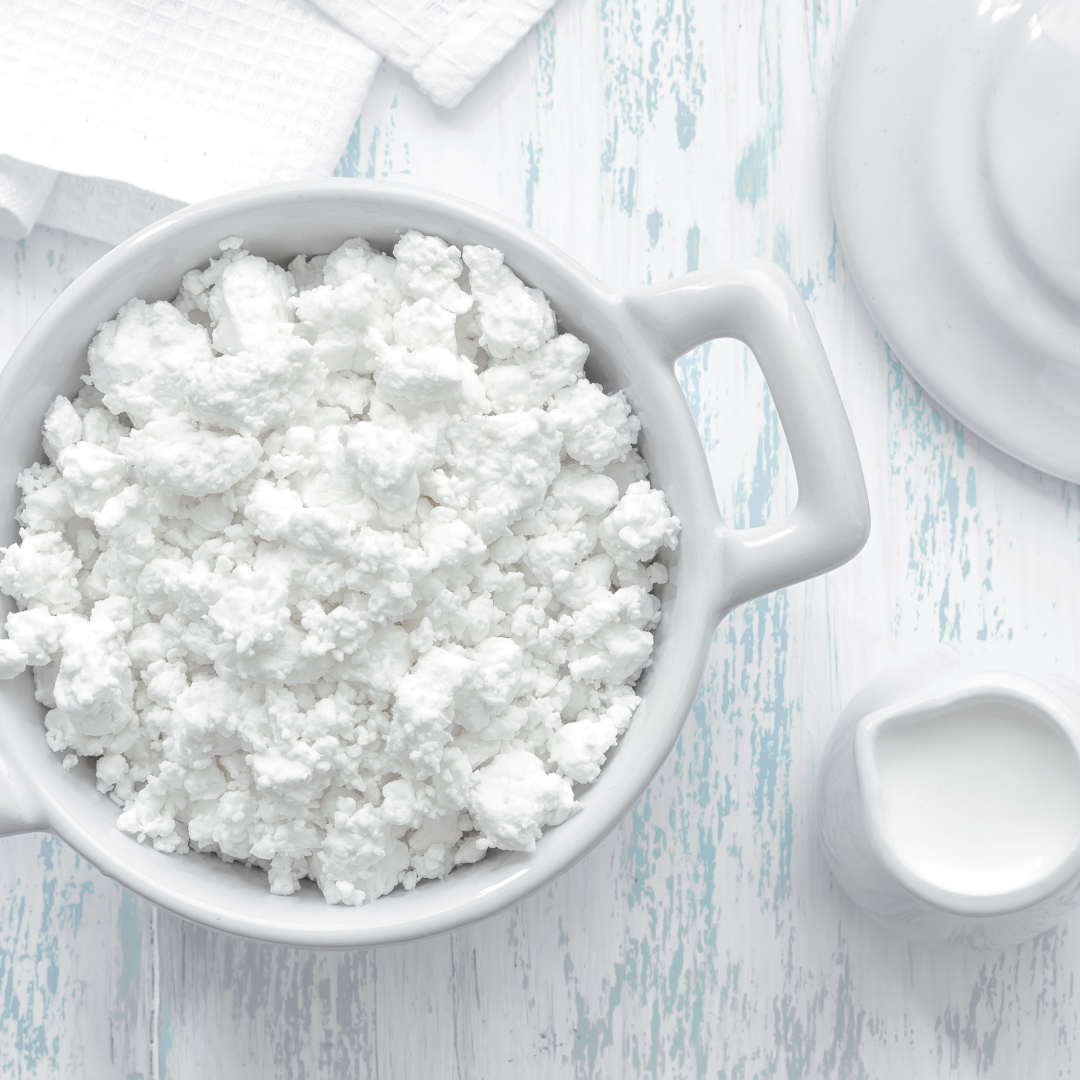Before yogurt was all the rage, a fermented milk product dominated the dairy aisle between 1950 and 1975. Cottage cheese peaked in the early 1970s, and at the time, the average American ate about five pounds of it per year. Then, it vanished. Cottage cheese slid into obscurity in the 90s, but it is reclaiming the spotlight in 2023.
Since we are all about throwbacks these days, I am discussing this popular food from a few decades back. Does it stack up nutritionally? What about that viral TikTok Cottage Cheese Ice Cream? I am addressing all of this below.
While it may not be glamorous, cottage cheese is undoubtedly a nutritional powerhouse, so to answer the first question: yes, it does stack up nutritionally. Cottage cheese is a thick, creamy, mildly flavored cheese packed with protein and other essential nutrients. As a dietitian, I am happy to see this food becoming popular outside nursing and retirement homes.
My cottage cheese experience – is this you?
My first encounter with cottage cheese was in a retirement home. As a high schooler, I worked in the afternoons (after school) and served residents cottage cheese nightly. They would often eat it with peaches or, like Richard Nixon, with pineapple. I wondered what the hype was all about, so I tried it. And that was the last time I ate it (🤢) – until recently. I did not love the taste of cottage cheese, but it has been showing up all over social media, and a very trendy brand caught my eye: Good Culture. No, this is NOT a sponsored blog. I loved the Good Culture cottage cheese, so I may not have had the best brand back in the day. I am sharing this with you because if you are like many millennials who shudder at the thought of eating cottage cheese, it may be worth giving it another shot in 2023.
With that, let’s explore the nutritional benefits of cottage cheese and why you should consider adding it to your daily routine.
Protein Powerhouse
One of the main nutritional benefits of cottage cheese is its high protein content. A single serving of cottage cheese contains around 18 – 25 grams of protein (!!), making it an excellent choice for those looking to build and maintain muscle mass (umm, this better be all of you!) and those who want to feel fuller for longer.
Rich in Calcium
Another benefit of cottage cheese is its high calcium content. Calcium is essential for maintaining strong bones and teeth, and a single serving of cottage cheese contains around 20% of the recommended daily intake. This makes it an excellent choice for anyone looking to improve their bone health, particularly women at higher risk of osteoporosis.
Low in Calories
Despite its high protein and calcium content, cottage cheese is relatively low in calories. A single serving of cottage cheese contains around 120-150 calories, depending on the brand and type. This makes it an ideal snack for anyone looking to lose or maintain a healthy weight. Plus, remember, it helps with satiety, which can help you incorporate portion control.
Packed with Vitamins and Minerals
In addition to protein and calcium, cottage cheese is a good source of other essential nutrients. It contains vitamins B12, B6, and A and minerals like phosphorus, selenium, and zinc. These nutrients play a vital role in maintaining overall health and well-being.
Loaded with probiotics (some brands only!)
Move over, yogurt! Some cottage cheese brands include live and active cultures, aka probiotics. Probiotics are live microorganisms that can provide various health benefits when consumed frequently. Studies have shown that probiotics can boost the immune system, reduce inflammation, and improve digestion. Choose cottage cheese that specifies active cultures on the container for the probiotic benefit. As mentioned, I love the Good Culture brand, but other options include Breakstone’s and Nancy’s.
Pay attention to added sugars
As cottage cheese brands expand and become more popular, many flavored varieties are showing up in the grocery store. If choosing a flavored cottage cheese, select one with no more than 7 grams of added sugar per serving (the equivalent of 2 teaspoons). Of course, another option is to purchase the plain variety and add sweetness at home with fruit or a slight drizzle of honey!
Whole Fat vs. Low fat Cottage Cheese
Regarding cottage cheese, there are two main options: full-fat and low-fat. Full-fat cottage cheese is made with whole milk and contains a higher percentage of fat (4%), while low-fat cottage cheese is made with skimmed or reduced-fat milk (2%) and has a lower fat content. The main difference between the two is their calorie and fat content. Full-fat cottage cheese is richer and creamier in texture but contains more calories and saturated fat. On the other hand, low-fat cottage cheese is lower in calories and fat, making it a better choice for those looking to reduce their overall calorie intake. Both options are good sources of protein, calcium, and other essential nutrients. Ultimately, the choice between full-fat and low-fat cottage cheese comes from personal preference and dietary needs. My take?
- Choose full-fat if you are not following a calorie-restricted diet.
- Choose reduced fat if you want to shave off a few calories and if you are restricting the amount of saturated fats that you consume.
- What do I choose? Full-fat. I prefer the creamier texture; the extra fat makes it more satiating.
How to Incorporate Cottage Cheese into Your Diet
Cottage cheese is a versatile food that can be incorporated into various meals and snacks. Here are a few ideas to get you started:
- Mix cottage cheese with fresh fruit for a delicious and nutritious breakfast
- Use cottage cheese as a topping for baked potatoes or toast
- Add cottage cheese to smoothies for an extra protein boost
- Use cottage cheese in place of ricotta cheese in lasagna and other Italian dishes
- Enjoy cottage cheese as a standalone snack with some sliced veggies or whole-grain crackers
- Make the viral cottage cheese ice cream (recipe HERE!). I shared this with the BodyFit Athletic Club members, and it is too good not to share it with you all!
All in all, cottage cheese is a nutritious and delicious food offering various health benefits. It’s high in protein, calcium, and other essential nutrients, making it an excellent addition to any diet. So, if you’re looking for a healthy snack or meal option, consider reaching for a tub of cottage cheese.





You left out cottage cheese with tomatoes! That’s the best way to eat it. (: I prefer savory flavors with cottage cheese over sweet.
100% love cottage cheese with tomatoes. I add some olive oil and za’atar or balsamic and italian seasoning.
Karen Schneider, I totally agree! I love cottage cheese with tomatoes! Don’t really care for it with fruit.
I have no energy to start excercises.
I blend cottage cheese smooth as the main ingredient in pancakes that taste like cheese blintz (we top them with jam). They’re a super breakfast for my growing kids to pull out of the freezer as desired!